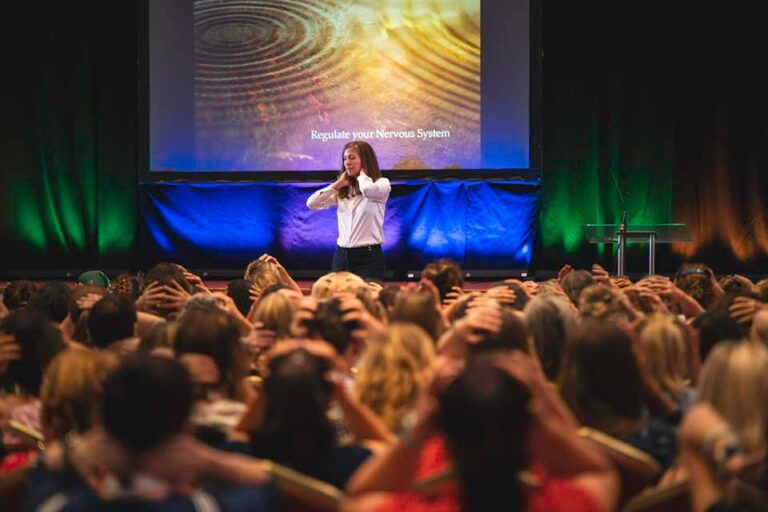Memories – they may be in the corners of our minds, but they’re also in the corner with questions: the age that memory develops is a hot topic. Many people assume that we start to remember around the age of three and, often, we find this true in our personal experiences. Our first memories involve sitting in front of the television watching Sesame Street or the way our grandfathers loomed like giants whenever they stood up from the kitchen table.
Most of us find that our recollection is aligned with the three-year theory; anyone who tells us that they can still picture their own birth is looked upon with suspicion.
So then, why is memory such a misunderstood topic? One reason is we don’t fully understand it. Sure, we know some things. We know that data stores inside the neurons of the brain to make memories. We also know it’s not stored with precision, a card catalog that allows people to accurately recall date and time. Memory changes, with bits of info intermingling over the years.
It has an emotional element too – when something impacts us, we remember much more about it. This is why so many of us can recall exactly where we were on September 11, 2001, but we have no idea what we were doing on the 12th.
Something else we know about memory is that the above – the who, what, where – isn’t the only thing that factors in. Memory just doesn’t involve the ability to recall time and images; it also involves feelings. And this type of memory – our implicit memory – goes all the way back to utero.
Explicit Memory Versus Implicit Memory
A great deal of the misconception about when we remember what and how we recall our past can be solved by recognizing the difference between explicit memory and implicit memory.
Explicit memory is what we think of when we recall important times – our first day or kindergarten or standing at the altar, saying “I do.” It’s what we use when we’re trying to intentionally recall something (like the Pythagorean Theorem or our best friend’s phone number).
We rely on explicit memory every day for big things and little things. It helps us remember appointments, tasks we need to get done at work, and when our bills are due. It tells us when to get the pot roast out of the oven, when to pick our kids up from school, and when our favorite TV show airs.
Explicit memory has two types: episodic and semantic. Episodic memory involves long-term memory of specific things that have happened to us – it’s about personal facts. Semantic memory involves concepts, names, and ideas of a broader nature – it’s about general facts.
Implicit memory, on the other hand, is a type of memory that is unintentional and unconscious. It’s a memory we use to help us recall certain ingrained tasks (such as walking or brushing our teeth). Implicit memory is the reason most people can hop on a bike after years of not riding and still remember how to pedal.
Importantly, implicit memory also involves feelings and this is why it exists from utero – we might not be able to form memories until toddlerhood, but we feel from the get-go.
In play therapy, it’s important to remember this (explicitly!) – children don’t need to be able to recall dates, times, or visual images to remember. Even when they don’t remember an event, they remember how that event made them feel. The joy and pain, the happiness and sorrow.
So, the question regarding memory really isn’t much of a question at all. The mind might not remember until the age of three, but the body never forgets.
-Lisa Dion, LPC, RPT-S
Interested in credits and courses delivered to your living room? Take a look at all our classes, available on our learning site.





